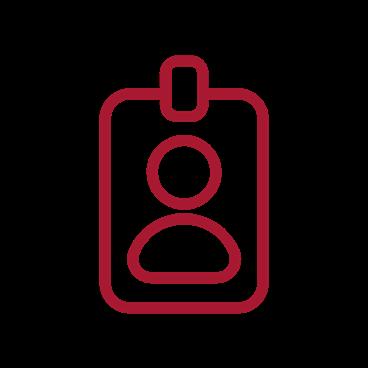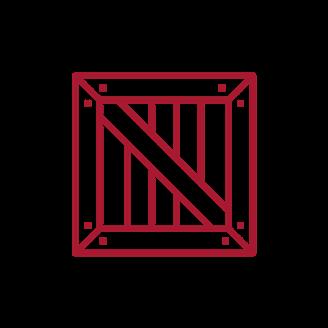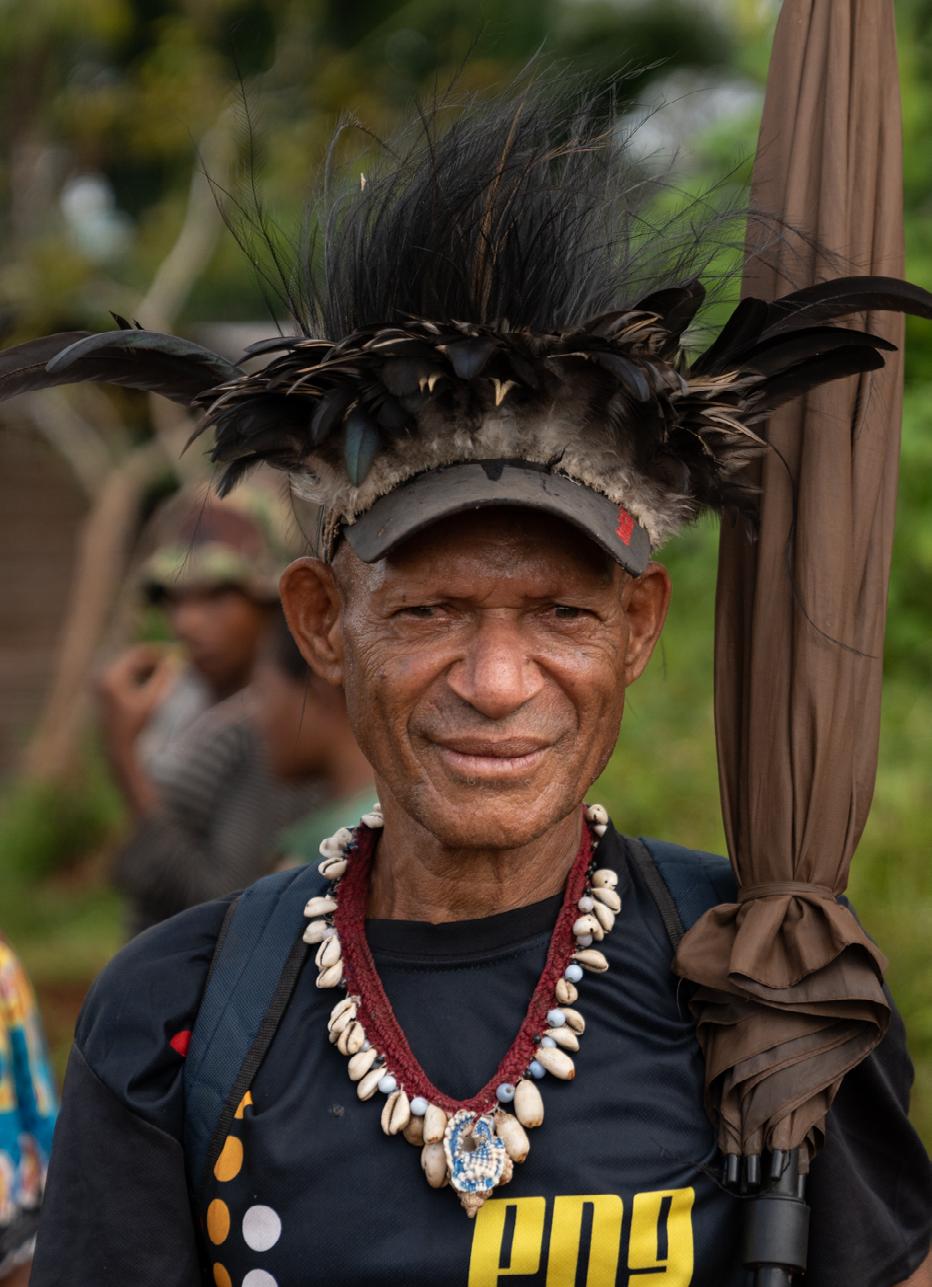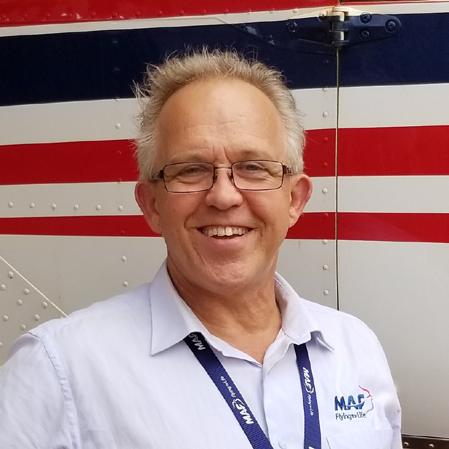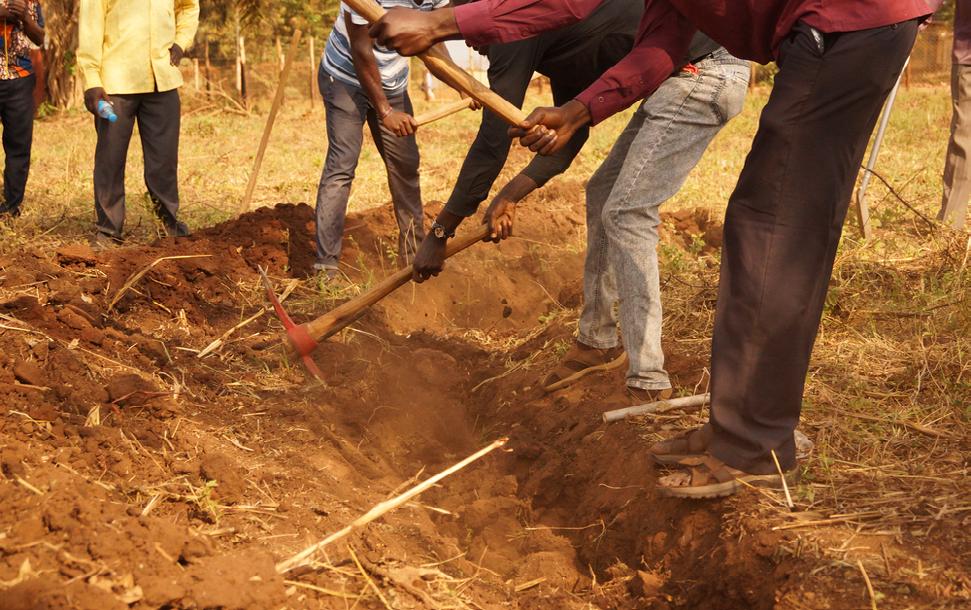The Groundwork for a Move of God
Talk to any avid gardener, farmer or kiwifruit grower and they will tell you the importance of soil preparation. Maybe they’ll even let you in on their secret methods to achieving the optimal dirt for a premium harvest. Their advice might vary, but one thing they’ll absolutely agree on is this: A great harvest does not begin with a seed, but with the soil the seed will be planted in.
In the Bible, Jesus often teaches using stories of soil and seeds. These stories, like The Parable of the Sower in Matthew 13, illustrate the importance of being prepared for what God wants to do. He teaches us that the groundwork of a move of God is often placed in our hands. God entrusts us with preparing good soil for the seeds He wants to plant.

For the Israelites in Haggai 1, rebuilding God’s temple was a significant season of active preparation for the new things God wanted to do through them. The Temple was a representation of God’s presence among His people, but it was rundown and neglected. So, God asked His people to prioritise rebuilding His house as a show of obedience and partnership in the new season of blessing He had for them.
Like the Israelites, I believe the MAF Kagamuga Development in Papua New Guinea is our opportunity to partner with God for the next chapter of MAF in PNG. He is inviting us to prepare the soil for seeds of great blessing and impact. He has the seeds ready, but it is up to us to do the groundwork.


The Groundwork for a Move of God
“There is so much need in PNG. We are seeing an increase in our operational demand, and this – coupled with the efficiency benefits following our recent fleet transition – has meant that we could fly every day in theory. But we need the pilots, engineers, and other vital staff. If we had the staff, we need a home for them and their families. Without the homes, there will be no pilots or engineers – and without them, the need in PNG will not be met. We need houses.”
- Todd Aebischer, MAF PNG Country Director

Future Footprints Project
The ’Future Footprints Project’ includes updating the current accommodation infastructure, as well as the construction of two new double-storey buildings with the main purpose of providing new accommodation (see illustration). These buildings will be the groundwork to see many more people follow the call of God to be a part of MAF in PNG.
Block 4 will be a six-plex townhouse styled building with two-bedroom homes for singles, couples, or families with one child. Block 8 will be a multi-function facility with 12 motel style ensuite units that are fully configurable to accommodate larger families in adjacent units. This block will be designated for short-term stay, visiting training pilots, conference accommodation, hosting of functions and general-purpose meetings, lounge, kitchen and laundry facilities.
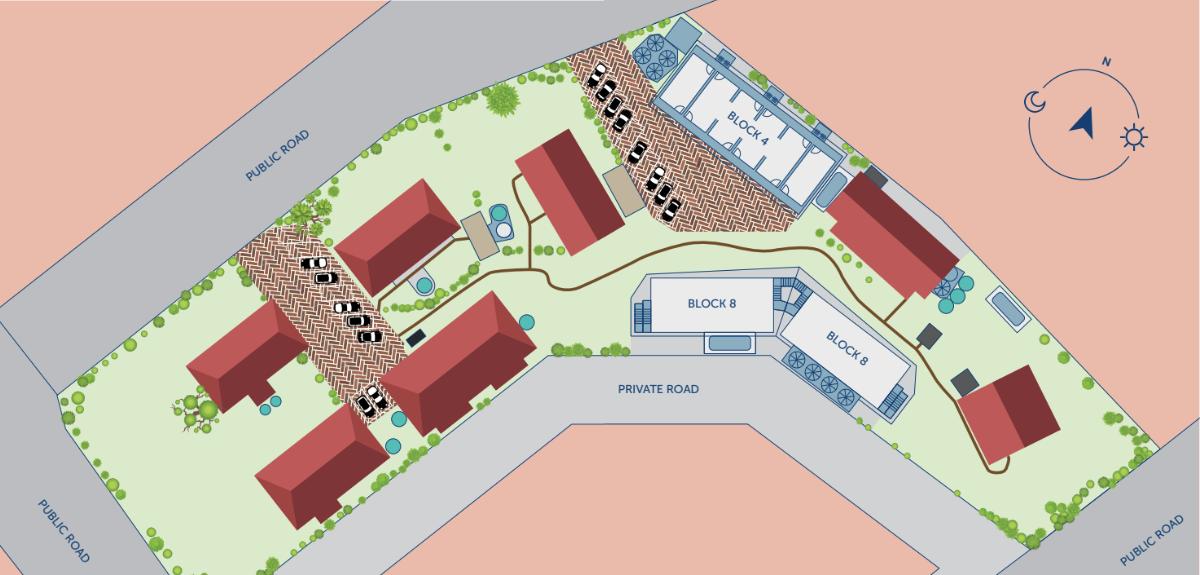
It is anticipated that, as a result of the Future Footprints Project, MAF will see:




Increased flight services to isolated communities presently not served or under-served.




Improved communication, training and staff wellbeing. The development at Kagamuga will equip MAF to host small conference and training events, as well as provide accommodation for international or other base staff.
Increased nation building in PNG. Building the existing relationship with PNG Government’s National Identification and Unification initiative, which sees MAF as a vital link to improving the training of national staff and development of local leaders.

